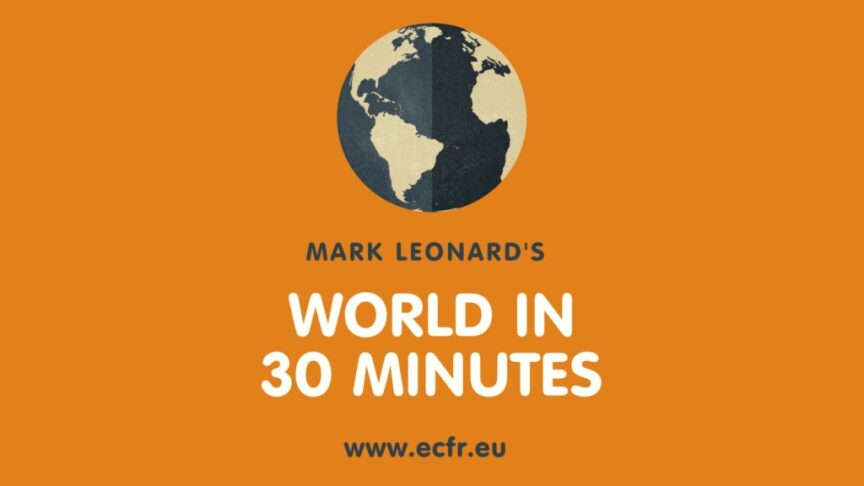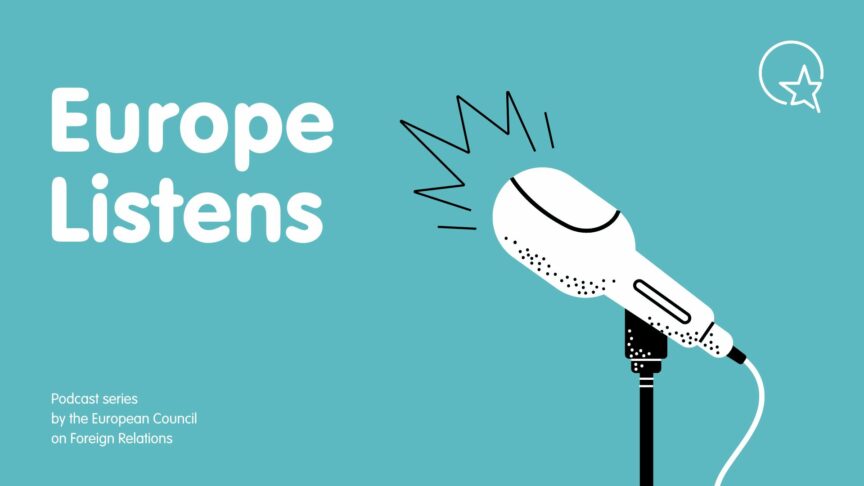An energizing side-effect? How covid-19 could revive multilateralism
To load the audio player provided by Soundcloud, click the button below. This means Soundcloud will receive technical data about your device or browser, as well as information about your visit on this page. Soundcloud may use cookies and may transfer your data to servers outside the EU, where the level of data protection may not be equivalent to that in the EU. For more information visit our privacy policy.
Recently, we have seen funding cuts to the WHO in the middle of the coronavirus crisis and national governments closing borders instead of calling for a G20 or G7 summit. On the positive side, we heard Spanish Foreign Minister Arancha González in our ECFR Quarantimes session arguing that covid-19 could serve as a catalyst for multilateral solutions on global health. But do this week’s podcast guests agree? Mark Leonard is joined by Gunilla Carlsson, former Swedish Minister for international development cooperation, and ECFR Senior Policy Fellow Anthony Dworkin to discuss the future of multilateral institutions like the WHO and what role the EU could play when it comes to global health? Can Europe be the forerunner?
This podcast was recorded on 30 April 2020
Bookshelf:
- “And the band played on. Politics, people and the AIDS Epidemic” by Randy Shiltz
- Collected works by Selma Lagerlöf
- “The WHO v. coronavirus: why it can't handle the pandemic” by Stephen Buranyi, The Guardian
- “WHO becomes battleground as Trump chooses pandemic confrontation over cooperation” by Colum Lynch, Foreign Policy
- “EU limits on medical gear exports put poor countries and Europeans at risk” by Chad P. Bown, Peterson Institute for International Economics
- “The Cosmopolitan Tradition: A Noble but Flawed Ideal” by Martha C. Nussbaum



